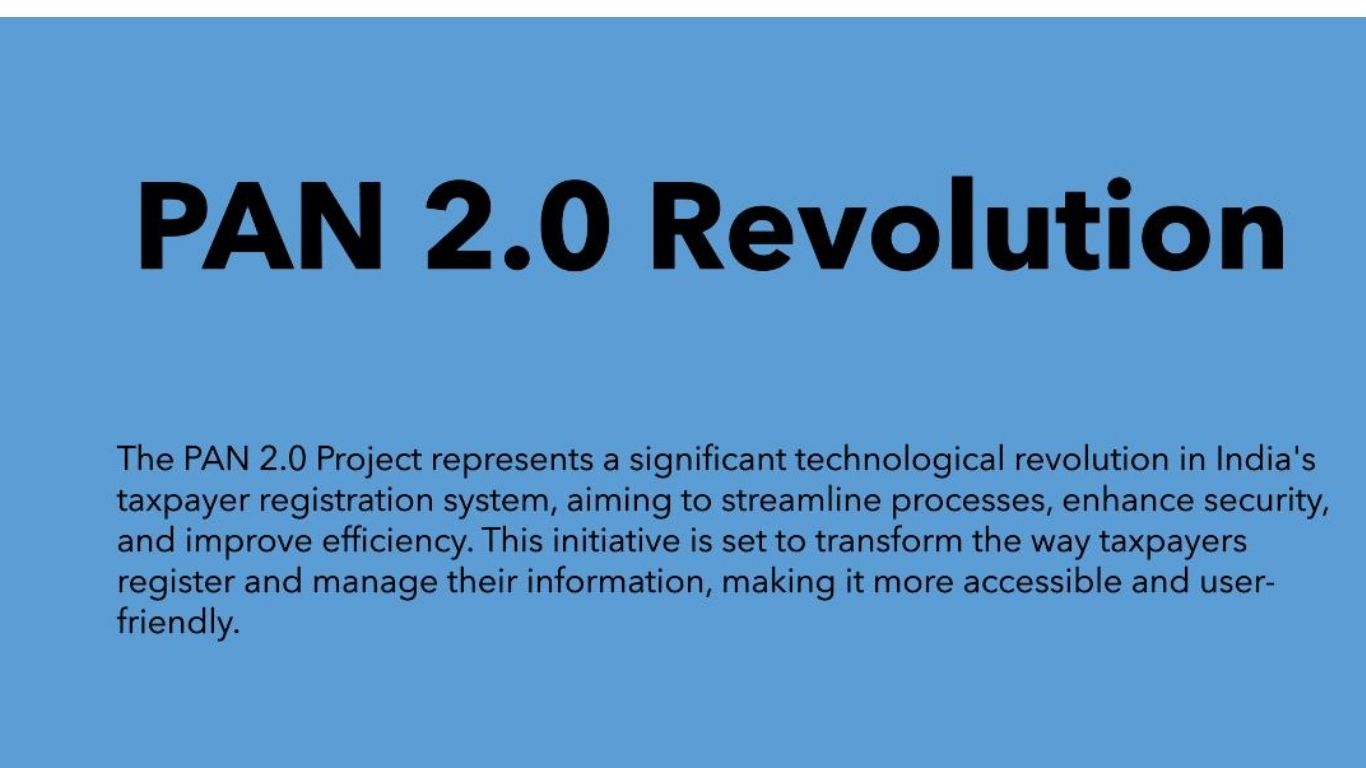The Rise of Decentralized Finance: How Cryptocurrency is Reshaping the Financial Landscape
In the last few years, the financial landscape has undergone a seismic shift, driven largely by the rise of decentralized finance (DeFi) and the cryptocurrency ecosystem that supports it. As traditional financial systems face challenges such as high fees, lack of accessibility, and bureaucratic delays, DeFi has emerged as an innovative alternative, harnessing the power of blockchain technology to create an open, permissionless, and transparent financial environment.
Understanding Decentralized Finance (DeFi)
At its core, decentralized finance refers to a suite of financial services that are built on blockchain technology and operate without the need for intermediaries such as banks or brokers. By leveraging smart contracts—self-executing contracts with the terms of the agreement directly written into code—DeFi platforms provide a range of financial services, from lending and borrowing to trading and insurance.
This shift from traditional finance to DeFi represents a fundamental change in how financial transactions are executed. In a decentralized ecosystem, users retain control of their assets, can transact directly with one another, and are often met with lower fees and faster transaction times.
The Advantages of DeFi
-
Accessibility: DeFi platforms are accessible to anyone with an internet connection, breaking down geographical barriers and allowing individuals in underserved regions to participate in the global economy. Unlike traditional banks that require extensive documentation and often exclude large segments of the population, DeFi promotes financial inclusion.
-
Transparency and Security: DeFi protocols operate on public blockchains, providing transparency through open-source code that allows anyone to audit and verify the operations of the platform. This transparency can enhance security, as vulnerabilities can be identified and addressed by the community.
-
Lower Costs: By minimizing the need for intermediaries, DeFi platforms can offer services at a fraction of the cost of traditional financial institutions. Lower fees for transactions, loans, and other services make DeFi appealing to both individual users and small businesses.
- Innovative Financial Products: DeFi facilitates the creation of innovative financial products that wouldn’t be viable in the traditional finance arena. For example, yield farming allows users to earn returns on their assets by providing liquidity to DeFi platforms. Other products, such as synthetic assets and stablecoins, create opportunities for more stable and diversified investments.
The Challenges Facing DeFi
Despite its advantages, the rise of decentralized finance is not without its challenges. The nascent industry faces significant hurdles, including:
-
Regulatory Scrutiny: As DeFi continues to grow, it is attracting the attention of regulators worldwide. In many jurisdictions, existing financial regulations may not easily apply to DeFi products, leading to uncertainty that could stifle innovation or lead to a crackdown on certain activities.
-
Security Risks: The code that powers DeFi platforms, while transparent, is also susceptible to bugs and vulnerabilities. High-profile hacks have occurred, resulting in significant losses for users. Security audits and best practices are essential to mitigate these risks as the industry matures.
-
User Experience: Engaging with DeFi platforms can be daunting for those unfamiliar with blockchain technology. Complicated user interfaces and the need for private keys can deter mainstream adoption. Simplifying the user experience is crucial for broader acceptance.
- Volatility: Cryptocurrency markets are notoriously volatile, which can affect the stability of DeFi products like lending protocols or stablecoins. Users must be aware of the risks involved in using these platforms.
Conclusion: The Future of Finance
The rise of decentralized finance is undoubtedly reshaping the financial landscape. While traditional financial systems have long been dominated by banks and intermediaries, DeFi offers a new paradigm based on inclusivity, transparency, and efficiency. As more individuals and institutions explore the possibilities of DeFi, it holds the potential to democratize finance, empower individuals, and drive innovation in ways previously thought impossible.
However, for DeFi to reach its full potential, the industry must address its inherent challenges. Navigating regulatory landscapes, enhancing security measures, and improving user experience will be critical as the space evolves. As we progress into 2024 and beyond, the interplay between DeFi and traditional finance will be closely watched, offering a captivating glimpse into the future of financial services in a digital age.















